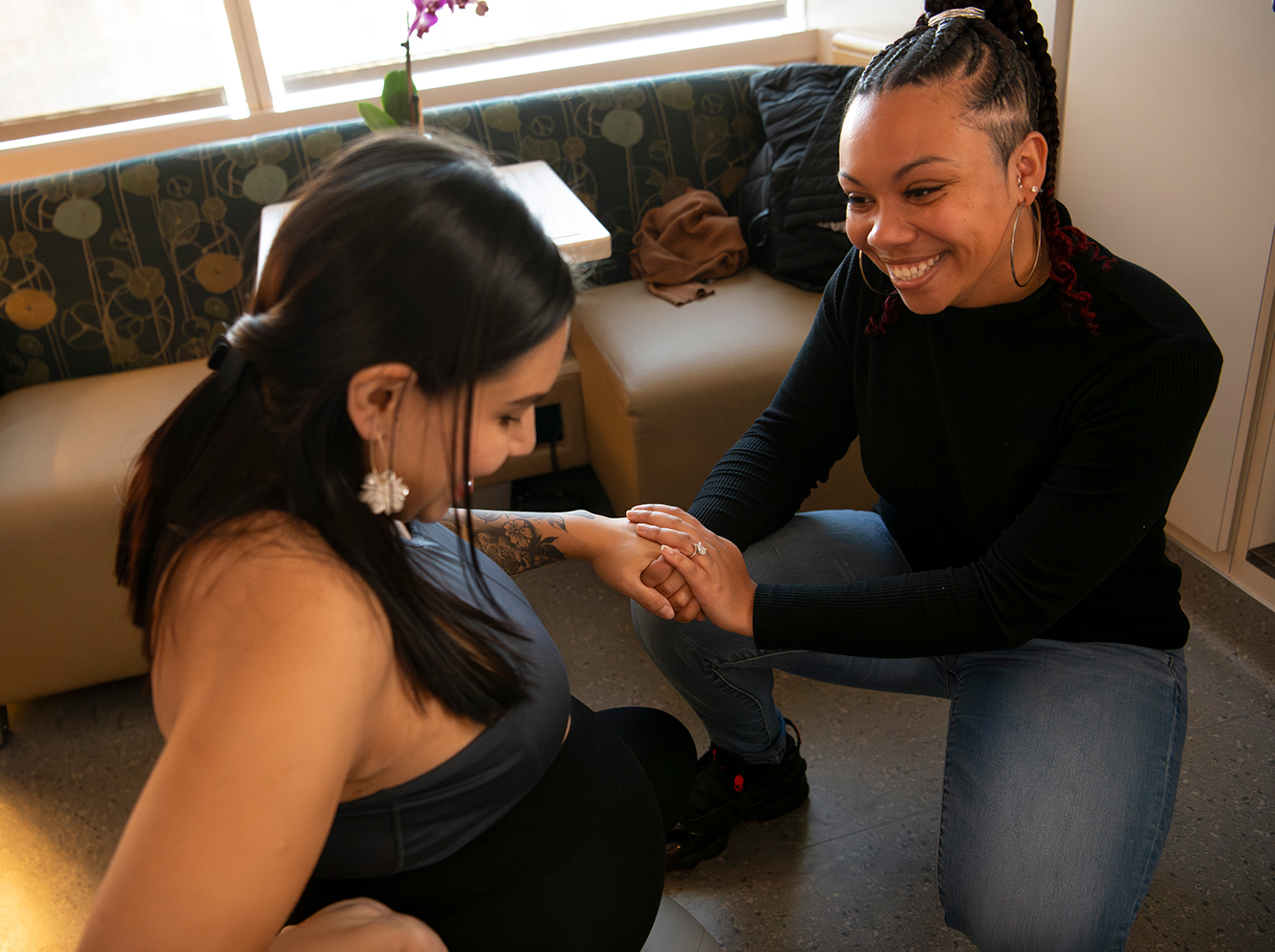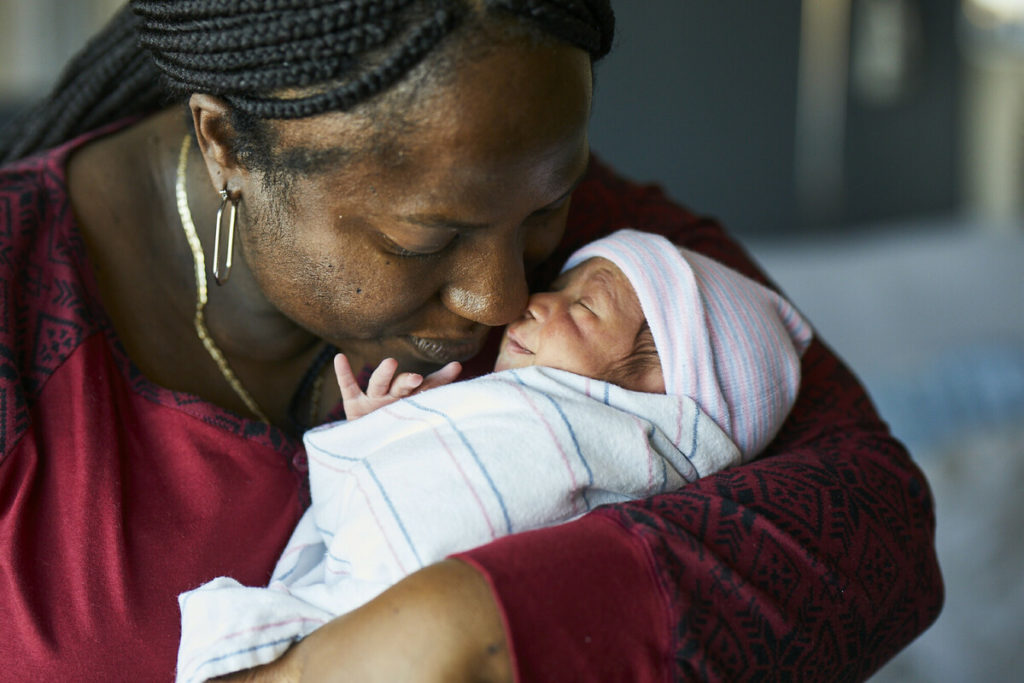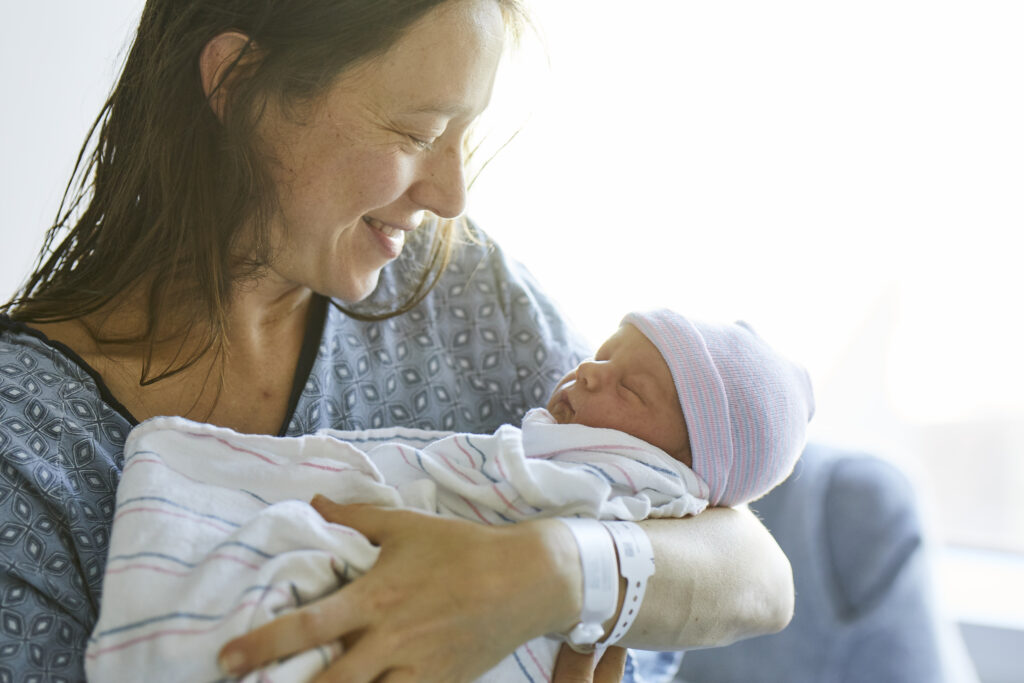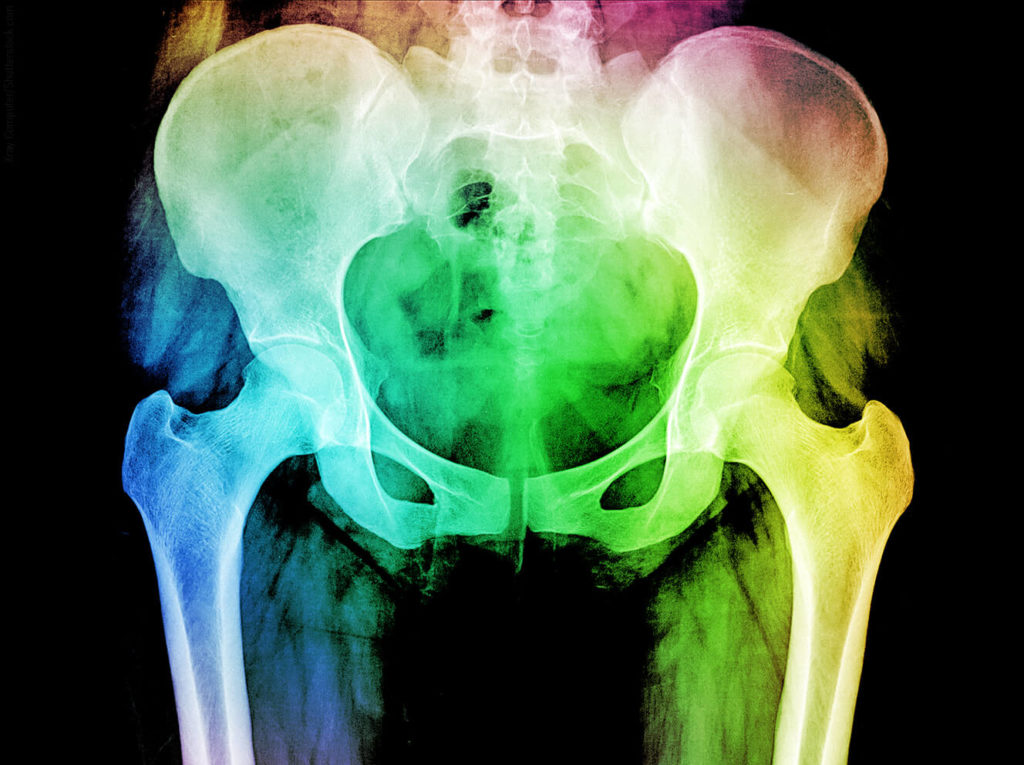In the U.S., Black women are three times more likely to die from pregnancy-related complications than their white counterparts. To help address this and other profound inequities, Massachusetts General Hospital and Mass General Brigham (MGB) have created the DrEaMH (Driving Equity and Maternal Health Outcomes, pronounced “dream”) Initiative, which takes a multipronged approach to meet pregnant people and their infants where they are. The initiative, developed alongside creative work from clinicians and researchers at Mass General, has launched several programs to expand access to maternal health care and related services in surrounding communities.
“When we talk about access to health care, there are real barriers out there,” says Francine Hughes, MD, the new chief of Mass General’s Division of Maternal-Fetal Medicine. “Our ability to reach the community is incredibly important.”
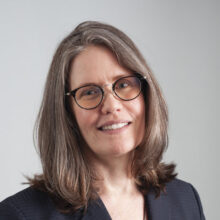
Partners for Patients
The Birth Partners program was developed to improve the birth experience and reduce adverse postpartum outcomes for mothers of color by providing them with culturally and linguistically concordant doulas. Birth doulas possess a deep knowledge of pregnancy, delivery and postpartum care, and often serve as non-clinical “guides” through the process of childbirth. There is mounting evidence that doula care can improve birth and postpartum outcomes for mothers at risk.
“Doulas are an evidence-based means to reducing Cesarean rates and improving breastfeeding rates for all patients — regardless of race or ethnicity,” says Mass General maternal-fetal medicine specialist Allison Bryant, MD, MPH, who helped develop the program. “If resources were not an issue, we would love to have a doula available for every patient who wishes to partner with one.”
The program is available for patients delivering at Mass General and other MGB hospitals, and a new $1.66 million gift from the CVS Health Foundation is expanding the number of doulas available to serve even more families.

Maternal Health on the Move
Maternal health disparities are often associated with a lack of convenient access to care options. Making health care accessible — meeting patients where they are — is a fundamental component of Mass General’s Kraft Center for Community Health.
The Kraft Center and MGB are introducing the Maternal Health Equity Postpartum program to new communities in Suffolk County. Kraft Center caregivers expect to reach 100 new patients and families through the Maternal Health Equity program. The CVS Health Foundation award also supports one of MGB’s fleet of Community Care vans, which deliver care to communities. This increased access is likely to reduce cesarean sections, help with breastfeeding, prevent postpartum complications and mitigate other negative outcomes due to hypertension, depression and social determinants of health in patients of color.
“When it comes to addressing disparities in maternal health, there’s no one-size- fits-all approach,” says Elsie Taveras, MD, MPH, chief community health and health equity officer for MGB. “To truly make an impact, we must be intentional and meet communities where they are. Just one visit can help a mother receive the preventive care she needs, and that small measure can make all the difference for her and her family. We are incredibly grateful to the CVS Health Foundation for its generous gift and for recognizing the importance of this work.”

Reading Ultrasounds, Remotely
While the mobile vans are going into the community, Dr. Hughes is working on creative ways to bring the community to Mass General — virtually.
For high-risk patients who are receiving their care at health care facilities in the community that may not have a full staff of maternal-fetal medicine clinicians, Dr. Hughes and her team offer consultation, telemedicine visits and remote ultrasound readings. With remotereadings that number between 30 and 40 per day, per physician, Mass General’s Maternal-Fetal Medicine Division can provide remote ultrasound and other imaging results and follow-up for six different health care centers.
“Location does make a difference when it comes to health care access,” says Dr. Hughes. “Resources at community health sites may be more limited. We’re always thinking about how we can reach more people and give them access to the level of care they need.”
Using Data to Change Outcomes
The care clinicians offer at Mass General sites also provides a key ingredient for research that moves the needle in maternal-fetal health care: data. Mark Clapp, MD, MPH, maternal-fetal medicine specialist, is harnessing electronic health record data to predict which patients may have complications. Dr. Clapp is leveraging artificial intelligence and machine learning to comb through troves of data, make decisions on which factors are most significant — and then make meaningful predictions about a patient’s risk.
Identifying patients at risk for adverse outcomes provides the care team with a new level of awareness, allowing them to take measures to avoid an issue before it arises. The team is currently piloting a risk stratification model for postpartum hemorrhage on Mass General’s labor and delivery floor.
“We’re using data in real time to update patients’ risk status as it evolves throughout the course of labor and delivery,” Dr. Clapp says.

A Commitment to Community
Blending neighborhood outreach with compassionate care and cutting-edge research is what inspires Mass General’s clinicians and provides hope that they can move the needle on heartbreaking inequalities in maternal health — and why they will continue to explore new possibilities.
“Maternal health equity is one of our top priorities, and one that will benefit from an innovative, community-centered approach,” Dr. Taveras says. “Black and brown parents should never have to face these kinds of odds when it comes to welcoming a child into the world. That’s why we’re working so tirelessly to change disparities in care and outcomes.”
To find out more about how you can support maternal health at Mass General, contact us.
